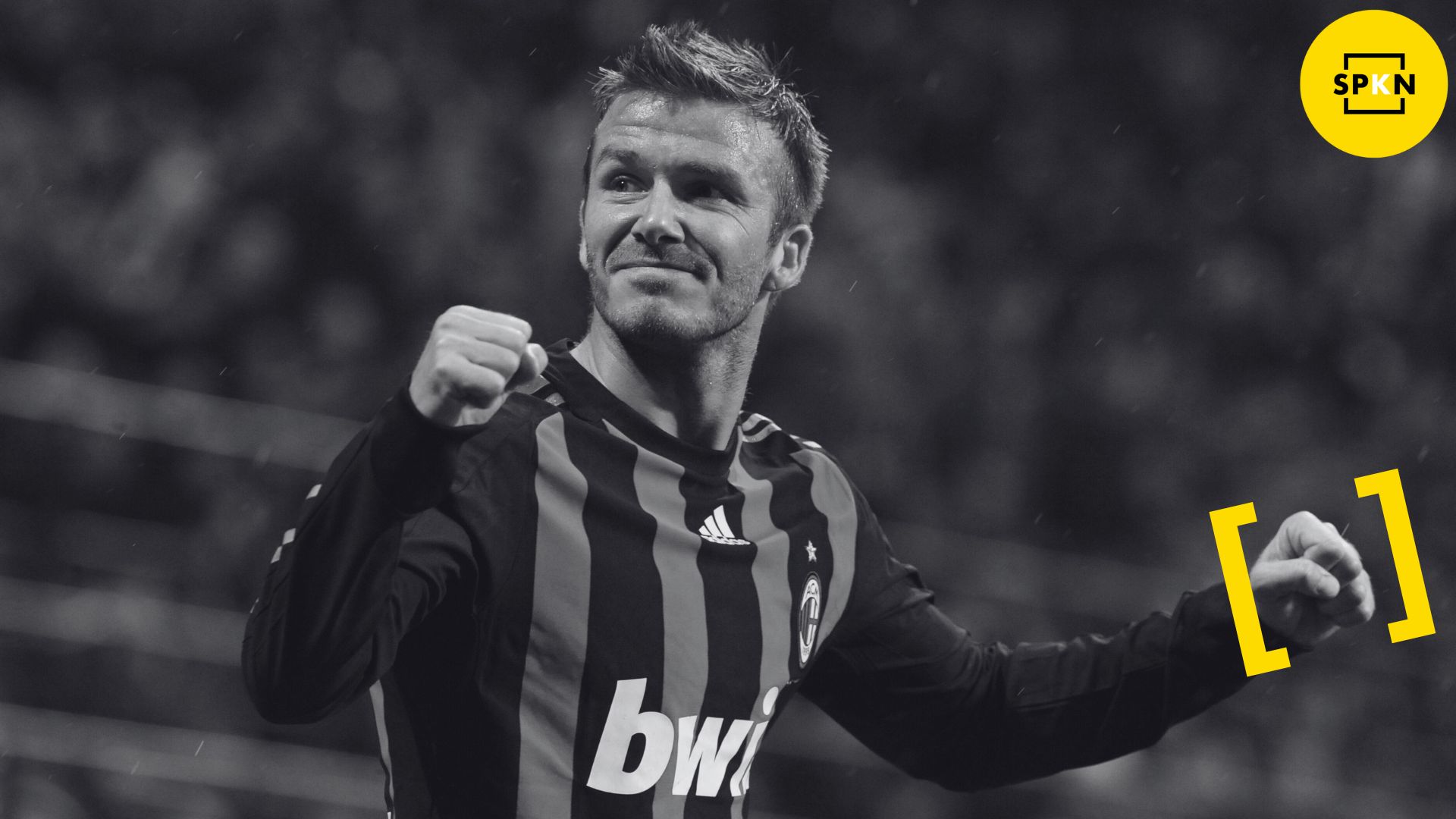This content is included in your SPKN Membership
Inside the Mind of a Champion: What Coaches Can Learn from Elite Athletes
AUTHOR:
Meg Wilson

The mental and emotional resilience of elite athletes is often what sets them apart from the rest. As a coach, understanding these mental strategies can help you guide your athletes to achieve their highest potential. At SPKN, we are committed to providing insights and resources to help you foster a mentally healthy and high-performing environment for your athletes. Here’s a deep dive into the minds of the world’s best athletes and what coaches can learn from them.
Building Unshakable Confidence
One key characteristic of top athletes is their unwavering belief in their abilities. Even when facing setbacks or poor performances, these athletes maintain their confidence. As a coach, you can help your athletes develop this resilience by:
- Encouraging Positive Self-Talk: Teach athletes to replace negative thoughts with positive affirmations.
- Setting Achievable Goals: Help athletes set and achieve small, incremental goals to build confidence.
- Providing Constructive Feedback: Focus on what the athlete did well and offer constructive advice for improvement.
Managing Pre-Performance Anxiety
Feeling nervous before a big game is natural. Elite athletes expect these nerves and have learned to manage them effectively. To help your athletes handle pre-performance anxiety:
- Normalize Anxiety: Let athletes know that it’s normal to feel nervous and that it can be harnessed as a source of energy.
- Breathing Techniques: Teach athletes deep breathing exercises to calm their minds and bodies.
- Visualization: Encourage athletes to visualize themselves succeeding in their performance to build confidence and reduce anxiety.
Quick Recovery from Mistakes
Top athletes don’t dwell on their mistakes. Instead, they quickly recover and refocus on their performance. To instill this mindset in your athletes:
- Promote a Growth Mindset: Emphasize that mistakes are learning opportunities rather than failures.
- Develop Recovery Routines: Help athletes create routines to quickly shift their focus back to the game after a mistake.
- Positive Reinforcement: Use positive reinforcement to encourage resilience and a forward-focused attitude.
Embracing Challenges
The best athletes see challenging situations as opportunities to showcase their skills. They embrace the pressure and perform their best under high-stakes conditions. Encourage your athletes to:
- Set High Standards: Set high but achievable standards to motivate athletes to push their limits.
- Focus on Effort: Emphasize the importance of effort and perseverance over the fear of failure.
- Celebrate Effort: Celebrate not just victories but also the effort and determination displayed by the athletes.
Creating a Supportive Environment
A supportive environment is crucial for the mental health and performance of athletes. Coaches play a pivotal role in fostering such an environment by:
- Building Trust: Create a trusting relationship with your athletes where they feel comfortable sharing their thoughts and feelings.
- Promoting Team Cohesion: Encourage team-building activities to foster a sense of community and support among athletes.
- Providing Resources: Ensure athletes have access to mental health resources and professionals when needed.
Coaches have a significant impact on the mental and emotional well-being of their athletes. By adopting the strategies used by the world’s best athletes, you can help your athletes develop resilience, confidence, and a positive mindset. At SPKN, we provide the tools and resources to support you in this endeavor, ensuring that your athletes not only perform at their best but also thrive mentally and emotionally.
For more insights and resources on fostering mental health and performance in athletes, visit SPKNmedia.org.